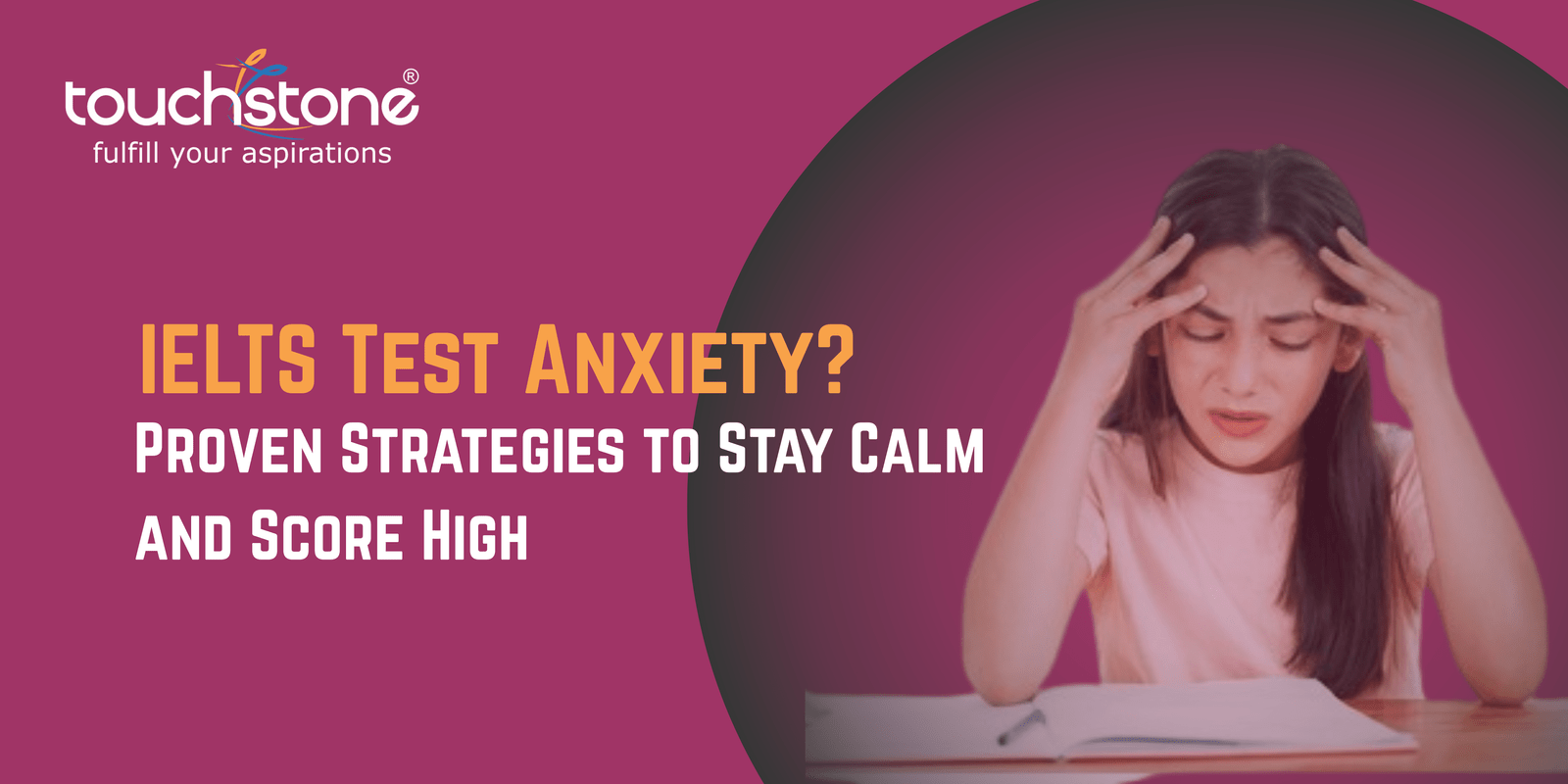Attracting around 300,000 students every year, Australia is well known for delivering quality education and Australian Universities have a strong Global reputation.
High quality education and immigration factors have made Australia one of the most popular study destinations among Indian scholars. Though the cost of studying in Australia is towards the higher side, still a large number of students from around the world choose Australia for higher studies, due to its non compromising approach towards education.
In this article, we will talk about some courses which have helped thousands of students in securing a good career in Australia
Accountancy
Accounting is in great demand in Australia these days. Job positions like Management Accountant, Tax Accountant, etc have been listed on the MLTSSL. In 2018-19, candidates holding a degree in Accounting have very high chances of getting a highly paid and satisfying job in Australia
Architecture
The major reason for great demand of architecture in Australia is that 90% of population lives away from the urban set up leading to unlimited opportunities in landscape architecture.
Agricultural Science
Agronomists, Agricultural Scientists, Agricultural Consultants, and Forestry Consultants have tremendous career opportunities in Australia. In fact, candidates holding a degree in Agriculture with work experience in the same field get to immigrate to Australia without applying for a degree in the country. But, candidates holding a degree from Australian University get priority over others.
Actuarial Science
Actuarial Science helps in assessing the risks in finance, insurance, and other sectors through a mathematical and statistical approach. This course includes various fields like statistics, economics, finance, mathematics, and computer science. Candidates holding a degree in Actuarial Science are very popular in investment banking, business decision making etc.
Psychology
The demand of experts in human psychology exceeds their availability by a huge margin. Psychology fields like Clinical Psychologists, Psychotherapist, education Psychologist, and Organisational Psychologist fall under the skill shortage group.
So if you are planning to study and work in Australia, these courses can help you to secure a successful career.





